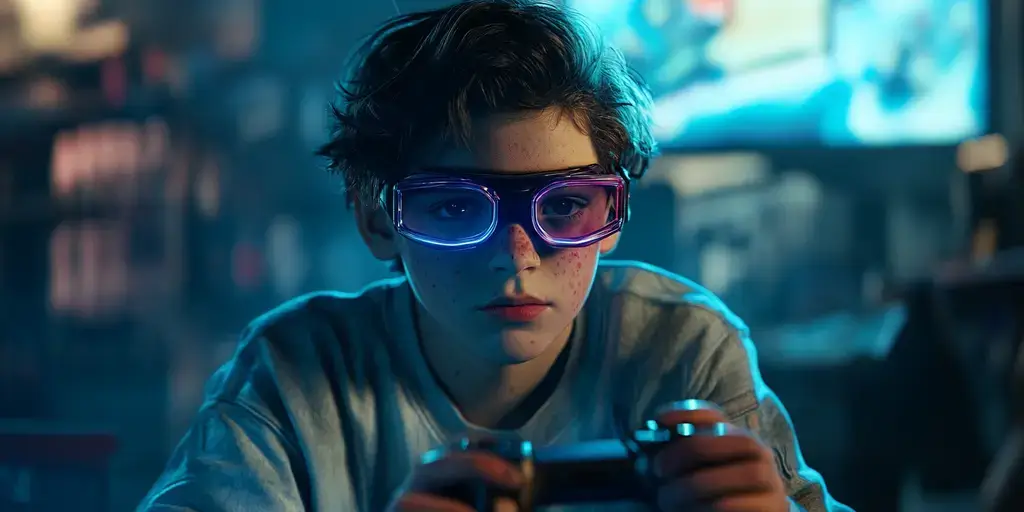In the rapidly evolving world of technology, there’s never a dull moment, especially when it comes to influential figures like Elon Musk. The Tesla and SpaceX CEO, known for his ambitious projects and strong opinions, is once again in the spotlight, this time due to a legal battle. Musk has intensified his legal fight against OpenAI and Microsoft, two giants in the tech industry. But what exactly is going on? Let’s break it down for everyone, whether you’re a tech enthusiast or just curious about current events.
What’s Happening?
Elon Musk, who is no stranger to making headlines, has taken a step to challenge OpenAI and Microsoft on legal grounds. OpenAI is an artificial intelligence research organization that initially had Musk as one of its co-founders. However, as AI technology has advanced, some disagreements have emerged. Musk now finds himself in a legal tangle concerning how OpenAI, in collaboration with Microsoft, might be using AI technology that has broader implications for competition and ethics in the tech sector.
The Core of the Dispute
At the heart of the dispute is the concern over ethical AI development and the sharing of technological advantages. Musk has often voiced concerns about AI running unchecked and the potential risks it poses to humanity. With OpenAI’s technology becoming more sophisticated, Musk’s apprehensions are about how these developments are being managed and who controls critical intellectual properties.
He argues that big corporations, like Microsoft—which has a significant partnership with OpenAI—could monopolize AI capabilities, stifling competition and innovation. This is not just a business tussle; it’s a struggle over the future landscape of AI technology and its governance.
A Blend of Technology and Ethics
The legal proceedings draw attention to a broader debate about the alignment of AI capabilities with ethical practices. Musk’s legal action echoes his idea that AI should be developed in a way that is safe, fair, and beneficial to everyone, not just a select few. It’s a call for an industry where technological advances do not compromise ethical standards or lead to undue concentration of power.
What It Means for the Average Person
You might wonder how this high-profile legal drama could affect someone who isn’t deeply embedded in the tech world. The outcome of this dispute could shape how AI technologies evolve and how accessible they are to businesses and individuals. It may influence regulations that govern AI usage, creating standards that prioritize privacy, security, and fairness.
For everyday users of technology, this could mean more transparent AI applications and tools that respect personal data and provide equitable opportunities.
Looking Ahead
As this legal case unfolds, it’s crucial to keep an eye on the implications it may have for innovation and competition within the tech sector. The verdict could either encourage a collaborative approach to AI development or give way to more proprietary strategies, depending on how regulatory bodies respond to such challenges.
For now, many are waiting to see how the courts will handle these complex issues, which intertwine technology, ethics, and corporate power. Regardless of the outcome, it’s a pivotal moment that highlights important questions about the future of AI and its role in our societies.










